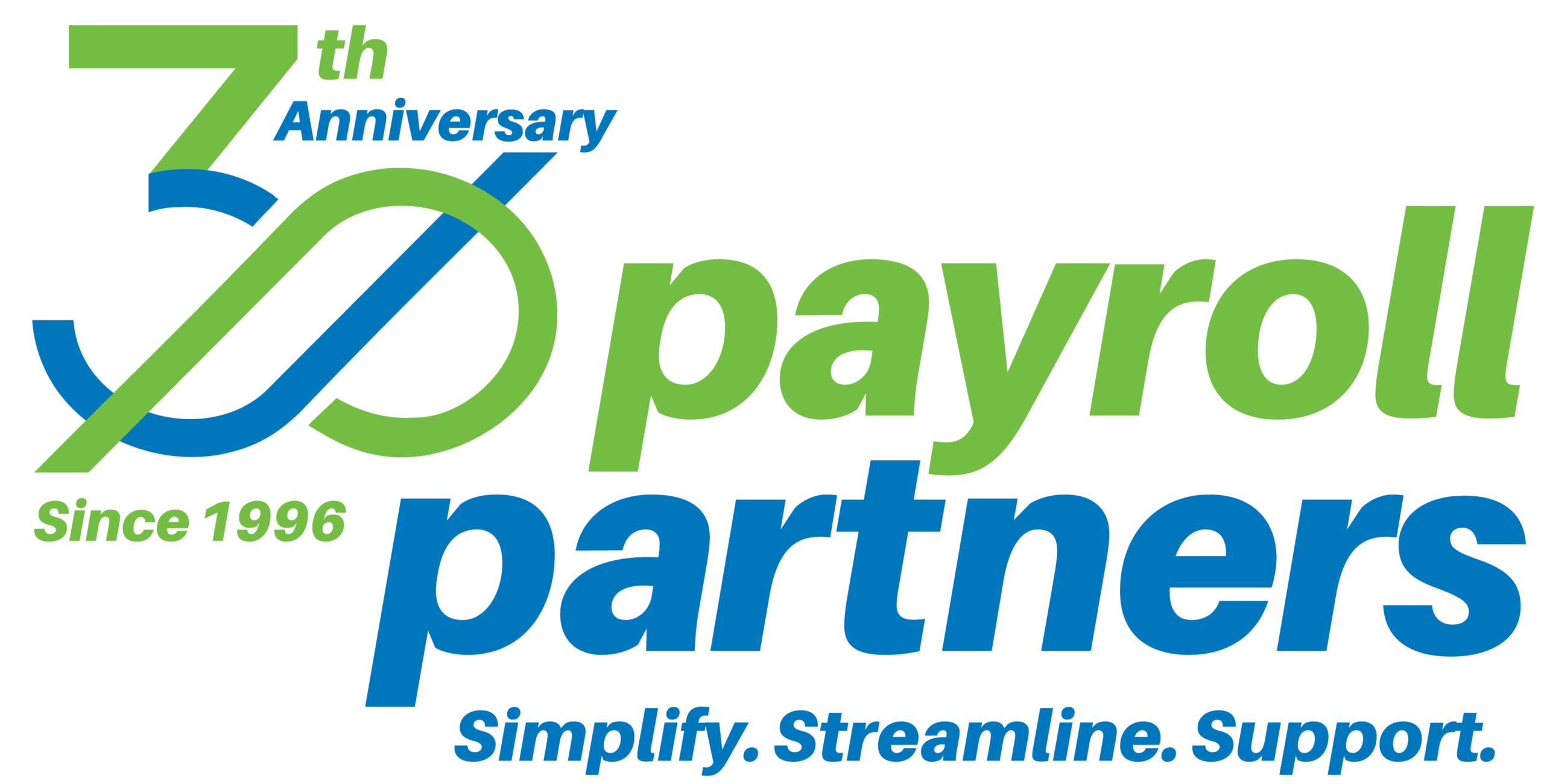The Internal Revenue Service is continuing to expand the features within Business Tax Account (BTA), an online self-service tool for business taxpayers that now allows them to view and make balance-due payments. Launched last fall, BTA is a key part of the agency’s...
IRS
IRS encourages organizations planning to claim elective pay to complete pre-filing registration now for 2023 tax year
WASHINGTON — The Internal Revenue Service strongly urges qualifying businesses, tax-exempt organizations, and state, local and Indian tribal governments to complete the pre-filing registration process now for projects placed in service in 2023 if they plan to claim...
Financial Tasks for September
With the new year just around the corner, September is a good time to review some of the key tax moves you should make before 2025. Pay your third quarter 2024 estimated tax. Generally, the estimated taxes for the third quarter are due on September 15. However, since...
